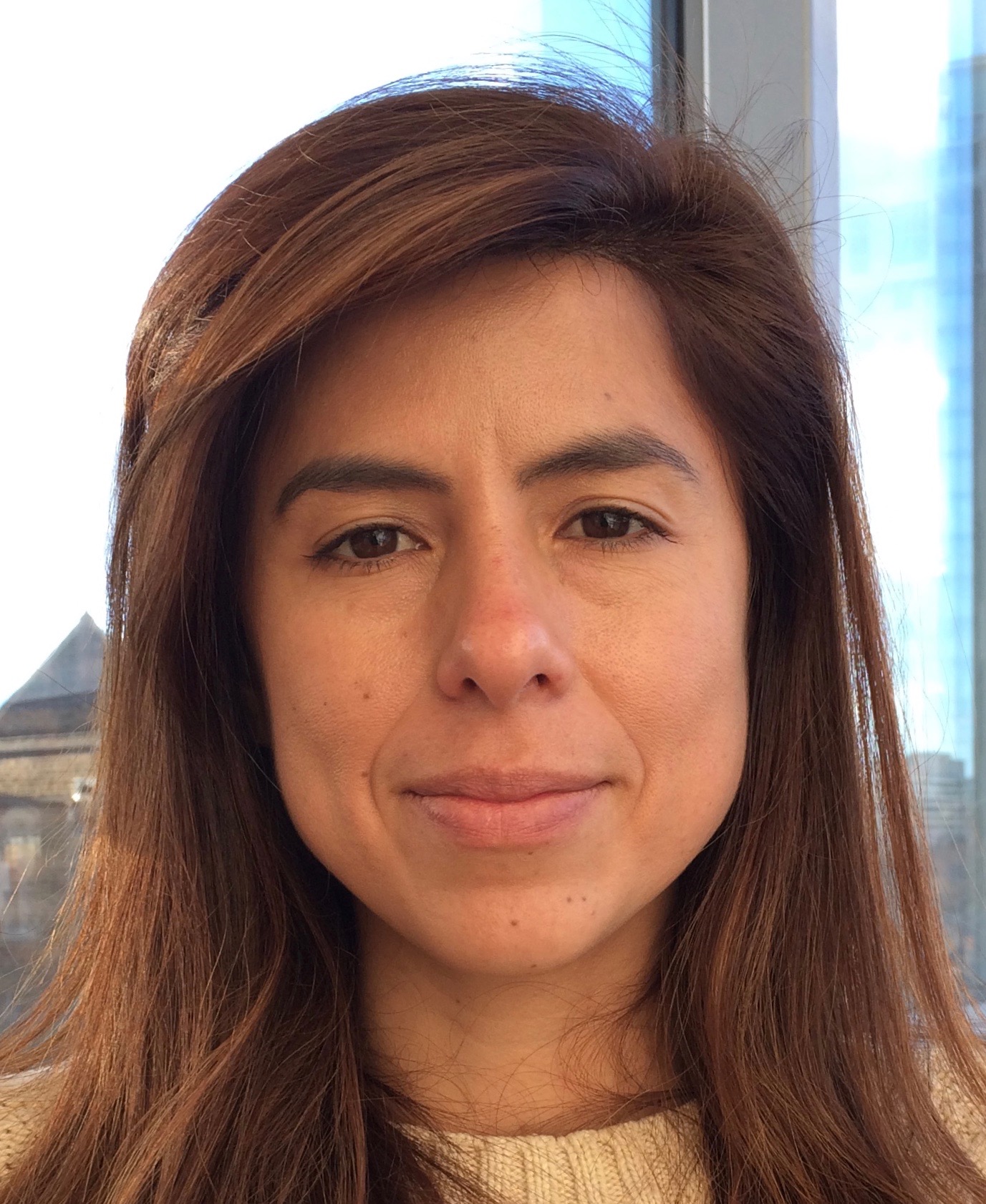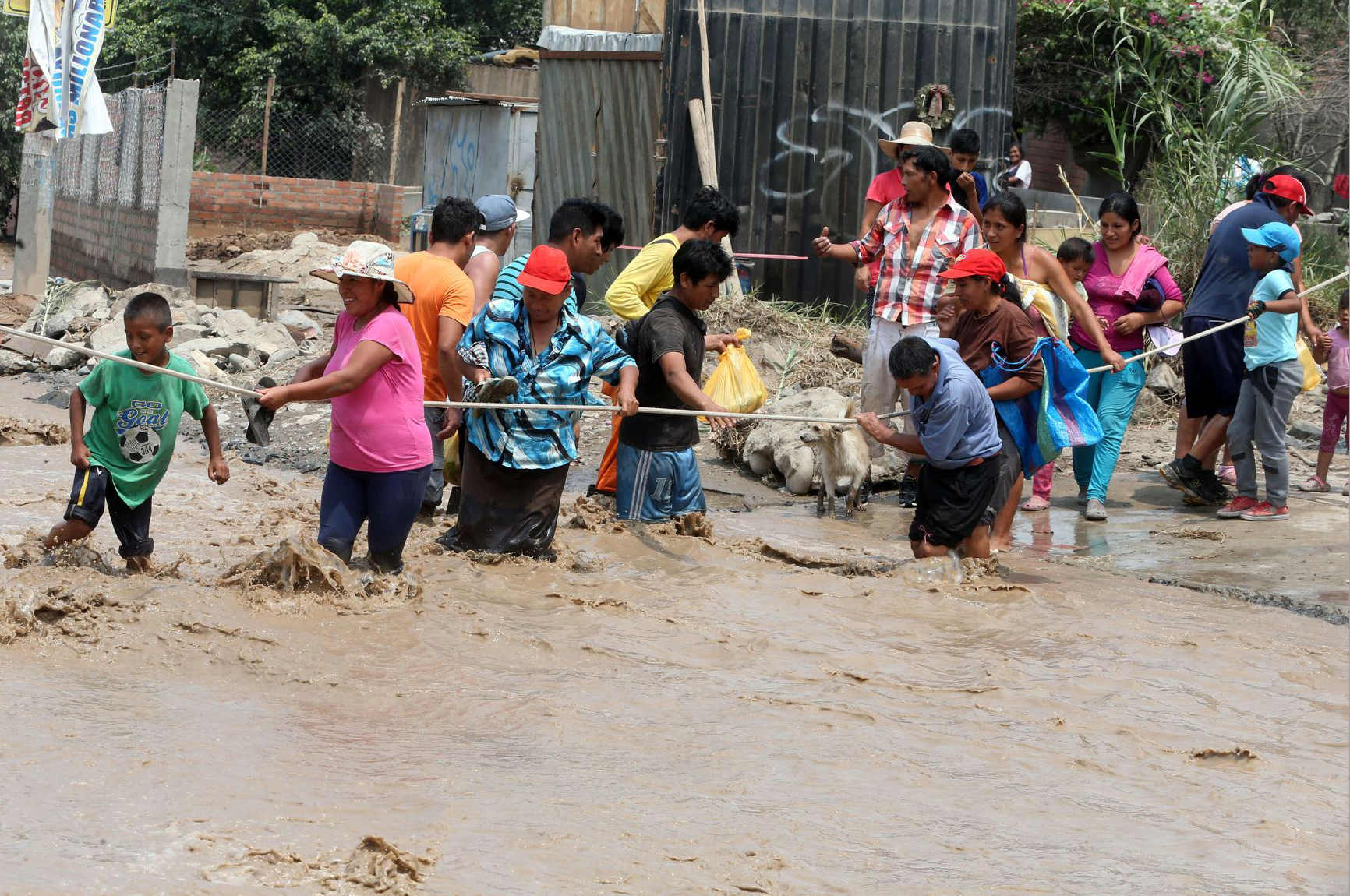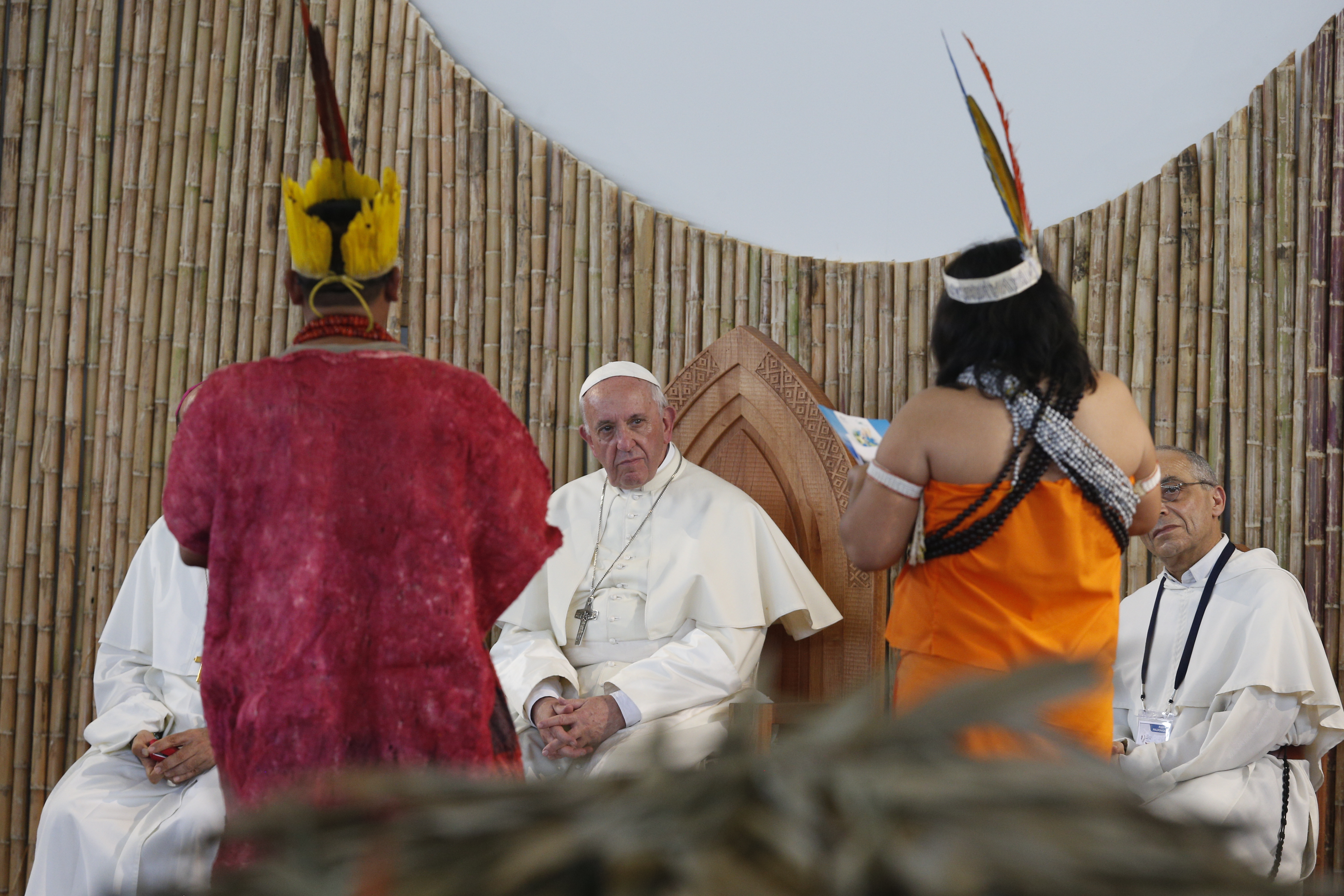
By Illari Aragon
When I was growing up in Lima, Peru’s capital, life seemed as stable as the weather.
We knew there was inequality, of course: we could see the shantytowns of people driven to the city by rural poverty.
But those settlements had not yet exploded in size. Nor were they subject to the mudslides and droughts that plague them today. A warming world, deforestation in Peru’s Amazon regions, and growing inequality have forced people to build their homes on fragile and vulnerable land, contributing to the disasters which have hit the country.
As a girl I remember going to the countryside a couple of hours east of the city, to escape the humid winters of the capital. We headed to Barba Blanca, a fertile area of small family farms. The front and back gardens of almost every home were filled with avocados and the delicious local Cherimoya fruit, and families also often kept chickens and guinea pigs for their own sustenance.
But last year Barba Blanca was practically wiped off the map. Heavy rains caused landslides which engulfed houses, arable land, schools and roads in a torrent of mud and boulders, leaving the inhabitants with no way to make a living. Climate events such as this have simply accelerated migration to urban areas.
When he came to Peru this month, Pope Francis was the first head of the Catholic Church to visit the Amazon basin in more than 30 years. Addressing thousands of indigenous people in the Madre de Dios region at a meeting which CAFOD’s local partners CEAS and REPAM helped organise, he defended their way of life and spoke out against the environmental degradation that threatens them.
Reiterating the message in his encyclical Laudato Si’, he said big business and "consumerist greed" could not be allowed to destroy a natural habitat vital for the whole world.
The effects of heedless development are worsened by climate change, to which Peru is highly vulnerable despite being responsible for just a fraction of global CO2 emissions, and El Niño.
Last year was the worst in the country’s recent history for landslides, drought and flooding, which disproportionately affects those already suffering from poverty and social exclusion. On the phone from Lima, my sister described last year’s rains to me as the worst she had ever experienced. In May I returned to Barba Blanca, to find desolation. Local people simply thanked God that they had escaped with their lives. One woman told me how she and her children – with their pet dog under her arm – fled to the top of a hill to escape the huge avalanche, and were left with nothing but the clothes on their backs.
In the neighbouring village of Carapongo, all you could see was broken wood where people’s homes had been. A start had been made on temporary housing, but most families were still living in tents and surviving on a daily collective meal, known as ‘olla comun’, prepared with food provided by CAFOD.

What struck me most was that people lamented the loss of their plots of land, more so than their houses. A house can be restored, but some crops can take several years to become productive – before a Cherimoya tree bears fruit, for example, it must be tended for five years with water and fertilisers.
Nor can crops and soil be easily restored. In some cases, heavy machinery is required to clear out rocks and layers of solidified mud, something subsistence and small-scale farmers, like those of Barba Blanca and Carapongo, could never afford. People from these villages could well be forced to join the swelling numbers living in informal settlements around Lima. This disorderly urbanisation has created pockets of hardship where the most basic facilities and services are deficient or simply absent. Someone living in these areas typically lives on around £5 a day, which doesn’t stretch far for the average family in Lima – where meals, rent, electricity bills, health and education are all expensive.
And he or she is just as vulnerable to global warming as in the countryside. Thanks to increasing frequency and intensity of climate events, mudslides and water contamination threaten the health, possessions and flimsy homes of these urban dwellers.
A vital new project CAFOD will start this year in Peru focuses on building resilience to climate change in shantytowns and poor communities in Lima. Those living in such areas will benefit from improved skills and greater ability to adapt. Innovative water harvesting installations such as “fog catchers” – which capture droplets of water from low-lying clouds – will also be built, together with drip irrigation systems and re-forestation programmes where the soil has become arid.
My country still faces many challenges – during his visit Pope Francis spoke out about violence against women as well as corruption, describing politics as "more sick than well" – but Peru also needs his message about global warming to touch the consciences of the nations who bear the greatest responsibility.
Illari Aragon is CAFOD’s Peru Programme Officer
Pic 1: CAFOD’s local partner provides emergency relief for families affected by the 2017 flooding and mudslides. Credit: CAFOD
Pic 2: People wade through the water in a flooded area in Lima, Peru, on March 18, 2017. Peru was in critical situation due to the coastal El Nino phenomenon which battered the country with endless rainfall for weeks, causing severe social and economic consequences. (Photo by Xinhua/Sipa USA)



 Loading ...
Loading ...
What do you think?
You can post as a subscriber user ...
User comments (0)